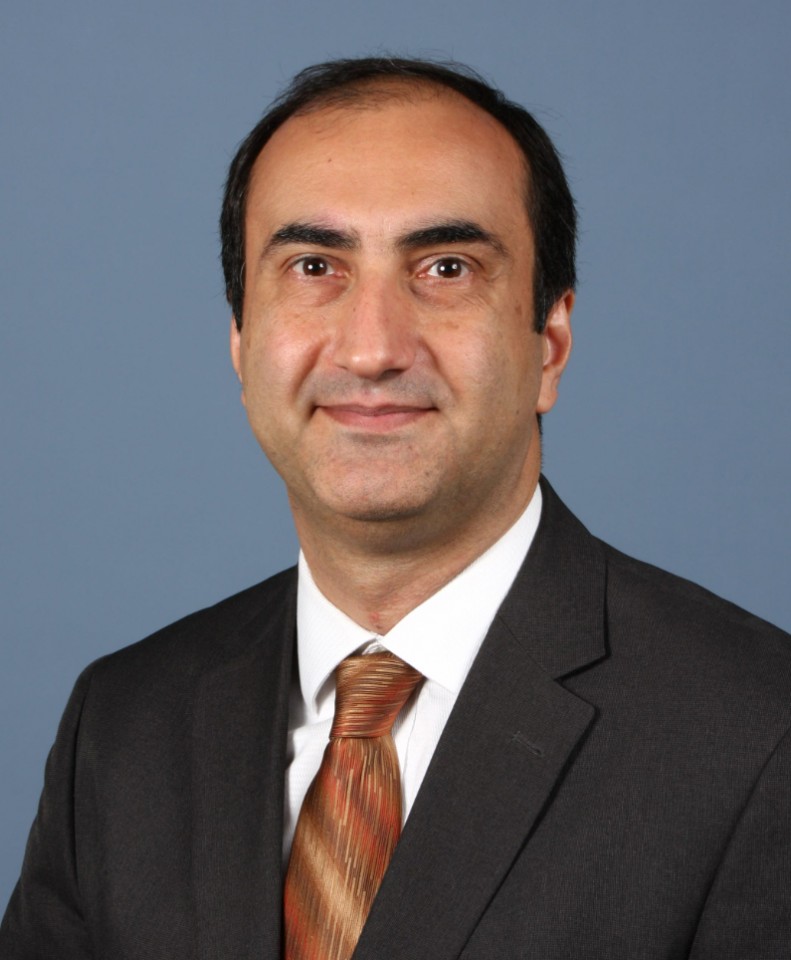The Division of Mathematical Modeling at the UBC Centre for Disease Control, which brings together “complexity science” and health systems decision-making, has won recognition as a World Health Organization (WHO) Collaborating Center.
“Complexity science” is a scientific field that studies the many interacting parts within the systems of nature, society and science. Work at the centre will help identify what components of health systems work well and what aspects could be improved based on models and data from many different sources.
The WHO Collaborating Centre for Complexity Science for Health Systems (called CS4HS) will build and maintain an international trans-disciplinary network of expert groups and institutions to develop new decision-support tools to address serious global health issues.
“While the 21st century has given us SARS, the 2009 influenza pandemic, and an explosive chronic disease burden threatening the health of hundreds of millions, it has also equipped us with innovative analytical tools, collaborations, and the computing power to mitigate these emerging problems,” said Babak Pourbohloul, Director of the new centre, and Associate Professor in UBC’s School of Population and Public Health. “It’s time to harness the power of these tools through new collaborative efforts to address major global health challenges.”
The centre will collaborate with national and international health agencies and other stakeholders to develop and implement projects and evaluate existing health systems performance. CS4HS will play a key role in the application of complexity science in health systems policy and planning by establishing an international network that links experts in physical, mathematical, computational, social, medical and health sciences.
“International trans-disciplinary collaborations like CS4HS will allow us to address challenging global issues that are very relevant to the people of BC and our health system,” said Bonnie Henry, Medical Director, Communicable Disease Control at the BC Centre for Disease Control and an Assistant Professor in the School of Population and Public Health. “We are very proud to be hosting this important initiative.”
CS4HS will provide training opportunities for scholars, health practitioners and trainees from low, middle and high-income countries. The centre will also play an important role in knowledge “translation” to help bridge the gap between science and policy.
“The Division of Mathematical Modeling epitomizes the UBC Faculty of Medicine’s goal of promoting innovation and improvement in health systems,” said Gavin Stuart, Dean of the Faculty of Medicine and UBC’s Vice Provost Health. “To make the most of the increasing terabytes and petabytes of data, we must bring together health scientists from various disciplines to analyze problems and issues in a rigorous, quantitative manner. The Division, by creating the platform for that collaboration and enabling us to train the next generation of analysts, will ensure that health policy decisions can be made with precision and confidence.”
“Hosting this centre with its international scope and recognition is a great honour for BC and for the BCCDC,” said Perry Kendall, Provincial Health Officer for B.C. “We fully expect the knowledge generated from this global initiative will be used directly to enhance our decision-making in health in BC.”
The Division of Mathematical Modeling is a multidisciplinary and collaborative group that works at the interface of health and complexity sciences. It develops analytical and computational models to identify optimal strategies in support of public health decision making. DMM is a division within the British Columbia Centre for Disease Control (BCCDC) (www.bccdc.ca) and is affiliated with the Faculty of Medicine.
